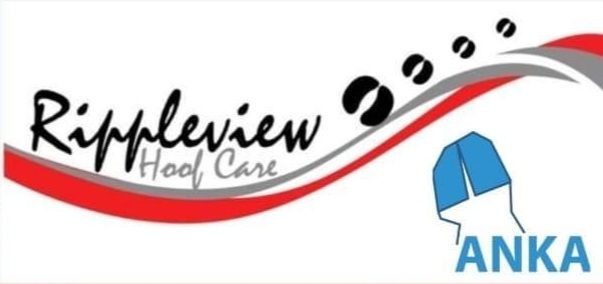Will the U.S. continue to serve as the balancer of the world supply or be a leader in supplying the world? That’s the question DPAC asked in a letter to Minnesota Congressman Collin Peterson Monday (July 25) and in dairy policy discussions in several venues from Pennsylvania to Michigan to Washington, D.C. As Ranking Member of the U.S. House Ag Committee, Collin Peterson released a "Discussion Draft" Dairy Bill on July 13, which contains National Milk Producers Federation’s (NMPF) package of reforms called "Foundation for the Future" (FFTF). "As dairy farmers, we object to proposals that add more layers of centralized government control on top of the current system, which is overly complex, lacks transparency and has poor price discovery," states the DPAC letter sent to Rep. Peterson and Chairman Lucas Monday. "While we agree with the Discussion Draft proposal to eliminate the Dairy Product Price Support Program (DPPSP), we object to the replacement it suggests.
"We find it incredible that this legislation is poised to foist a government-mandated supply control program and ‘production tax’ for the U.S. Treasury onto American dairy farmers without their consent."
DPAC has spent the past 20 months gathering input, building a coalition and prioritizing the issues dairy farmers can agree on in DPAC's Cornerstones for Change.
In their letter to Congressman Peterson, DPAC board members indicated their belief that now is the time to empower U.S. dairy farmers, by adopting policies that equip U.S. dairy farmers to supply the global markets of the 21st century and position U.S. dairy farmers for the opportunity to be profitable, through:
1. A simpler and more transparent pricing system that restores confidence and competition;
2. Dairy product price and volume reporting that is more timely and transparent (daily reporting from more plants and including more products);
3. Federal policies that encourage product innovation and market development;
4. Incentives for self-help and voluntary risk management that reduce reliance on subsidies;
5. A voluntary market adjustment tool that is producer-funded to put producer dollars back in the pockets of producers when they most need it instead of taxing them when they can least afford it.
DPAC’s letter proposes a compromise in its package of reforms called Cornerstones for Change: "Producer-funded incentives and voluntary tools allow us to use our skills to manage our business margins instead of having our businesses controlled by national margin “triggers” set by government formulas," the letter states. "We developed a compromise – a simple and fair producer-funded and voluntary ‘market adjustment tool’ – that leaves the business decisions about production in the hands of individual farm business owners, not the government.
"FFTF's centralized, one-size-fits-all program ignores the fact that today’s dairy markets are global, national, and also still regional in nature. The Dairy Market Stabilization Program (contained in FFTF) creates winners and losers instead of letting the collective wisdom of the markets work in that regard. It does not consider regional supply issues, in effect forcing deficit regions to subsidize the transfer of more of their infrastructure and next-generation opportunities to surplus regions over time."
The letter was followed by a busy week for DPAC. On July 22, DPAC’s government relations consultant Dennis Wolff addressed 300 during the National Hoof Trimmers Conference in Lancaster, Pennsylvania.
On July 26, several board and ad hoc members from Ohio and Michigan attended the NMPF meeting in Lansing, Michigan, where they expressed their concerns with government-mandated supply management as proposed by NMPF.
On July 27, Alan Kozak of Clover Patch Dairy, Millersburg Ohio, represented DPAC in a Washington, D.C. dairy policy roundtable, where he gave an overview of DPAC's Cornerstones for Change and explained the dairy producer coalition's position on elements of FFTF.
To learn more about Cornerstones for Change and DPAC’s penny-per-cwt fundraising effort, ask for DPAC at (800) 422-8335 or visit www.dpac.net. Donations can be sent to DPAC at 890 North Reading Rd., Ephrata, PA 17522. PD




